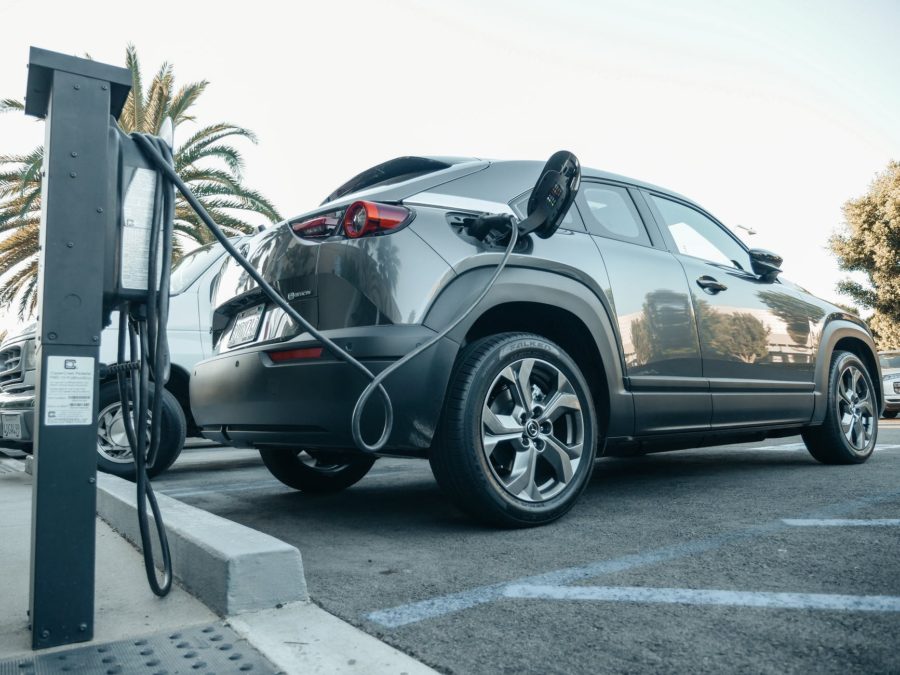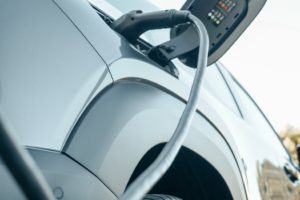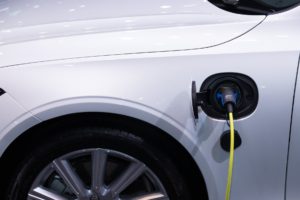Or should we really consider an EV a full replacement?
EV’s are a hot topic in the news due to the price of gasoline climbing with no end in sight. There has been a number of government officials come up touting EV’s as the solution to all our energy woes. I want to take a minute here to talk about the reality of owning an EV, a Tesla in our case. I’m also going to present how I believe people should think of EV’s and approach the subject.
You can read my article on the Tesla sales process here.
First, let’s talk use cases?
Let me clarify what a use case is for those unfamiliar with the term. Think of a use case as being the idea of how a product will be used and by whom. An example for cars would be to say a business person travels to customer locations and drives 200 miles daily.
Once you identify exactly how a vehicle is being utilized, you can start identifying exactly what vehicle should be selected. For example, if you need something to help you put your groceries on a high shelf, you probably wouldn’t go to the hardware store with the idea of buying an extension ladder. Instead, you would pick a step stool.
The use case that led us to an EV was something like this. An individual works at a few locations around town and drives 60-80 miles daily. To expand on that use case, the individual does not haul any materials or additional people. Another use case we had was that the individual in question wanted a high-performance vehicle with the most current technology.
From a logical standpoint, the Tesla Model 3 was a great option.
A bit about how EV’s are being presented
Unfortunately, it seems that EV’s have been turned into a politically divisive topic. One side starts shaking their fists talking about saving the planet. The other side begins to shake their fist back saying EV’s can’t do this or they can’t do that. Both sides are right and both sides are wrong.
Car companies need to pivot away from the topics they are currently using as issues to present EV’s to customers. Yes, an EV is a greener solution in the long term. No, an EV isn’t a cure for all our environmental woes. Yes, gas cars have features no EV can currently touch.
Let’s unpack that last statement a bit. First and most obviously, traditional cars still provide more selection and choice. Many car manufacturers still have either no choice for an EV or, at best, a pluggable hybrid). Secondly, gas cars are more convenient and flexible. I get it, most of the time, users don’t need 300 miles of range. That being said, American’s are used to being able to take a road trip without range anxiety.
An EV is probably a fantastic choice IF…
- You have the ability to install a Level 2 charger.
- You have another car for trips.
- Enjoy amazing performance no gas car can touch (short of a supercar)
- You like gadgets and technology
Obviously, those are just a few reasons an EV might be a fantastic choice. There are many others, but these were the ones that really hit home for me.
A better marketing approach
Car manufacturers need to highlight some of the true strengths of electric vehicles and steer clear of the politically charged topics. Ford has begun doing this with the F-150 Lightning pickup. They tout the ability to run your home for days in case of a power outage for example.
Why haven’t we seen an EV commercial showing us the simplification of the automobile? There isn’t an engine. There are no oil leaks and there are no oil changes. The brake pads on EV’s last far longer since there is less actual braking involved.
Once you’ve experienced driving an EV and the acceleration they provide, you find the experience of driving a gas car to be tedious. If manufacturers and the supporters of EV technology fail to present the cars as a superior performing solution rather than an environmental solution, adoption will always be an issue.
Why EV’s are not ready for prime time
Have you tried to buy a car lately? Maybe you’ve seen dealer lots and scratched your head at the lack of selection. We all know there are shortages of everything right now. Guess what, this is especially true with electric vehicles.
Tesla just raised their prices and they have a waiting list for delivery of every type of car they make. If you go look for a Mustang Mach-E, Kia or Hyundai EV and you’re probably going to come home frustrated. If you do find one, you’re likely to pay over $40,000 US. Some cars still have a $7,500 credit, but that still puts you well over $30,000.
Right now, people are struggling to get by. Inflation is eating up any raise anyone has likely received in the past two years. Now we’re supposed to have hourly wage earners go buy a car that is 30-40% more expensive than any vehicle they’ve ever owned?
In many cases, people purposefully go into the used car market in order to reduce the expense of buying a car. It’s hard to buy a EV new and nearly impossible to find one used. I watch car sites such as Carvana regularly and yes they do have a selection of Teslas or even a Mach-E or two. If you check the pricing on those, you’ll probably scratch your head over why you would not just go buy a new car.
C9





